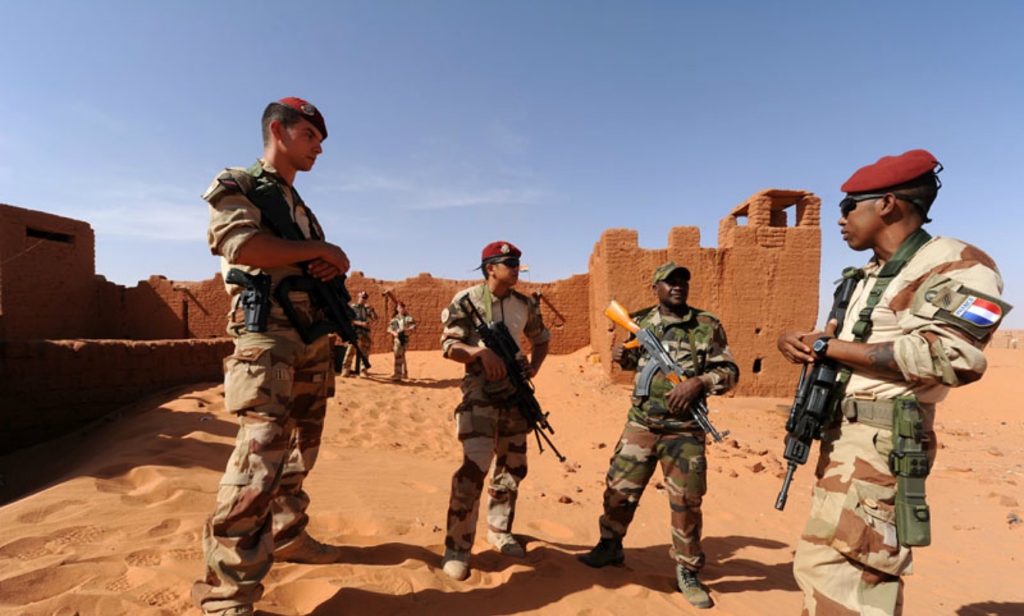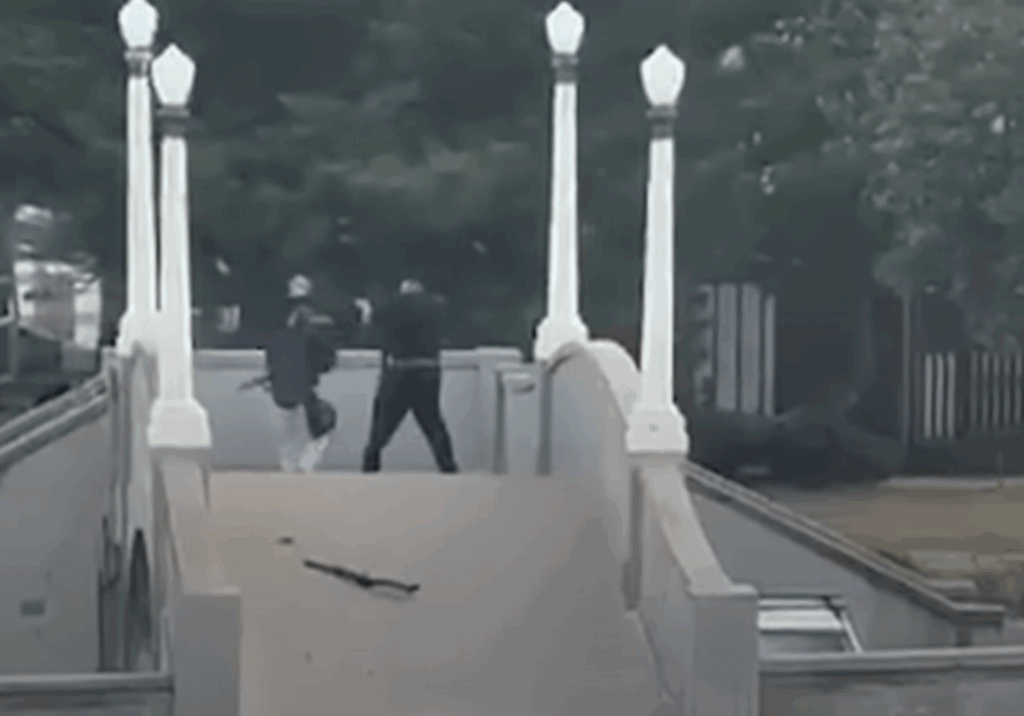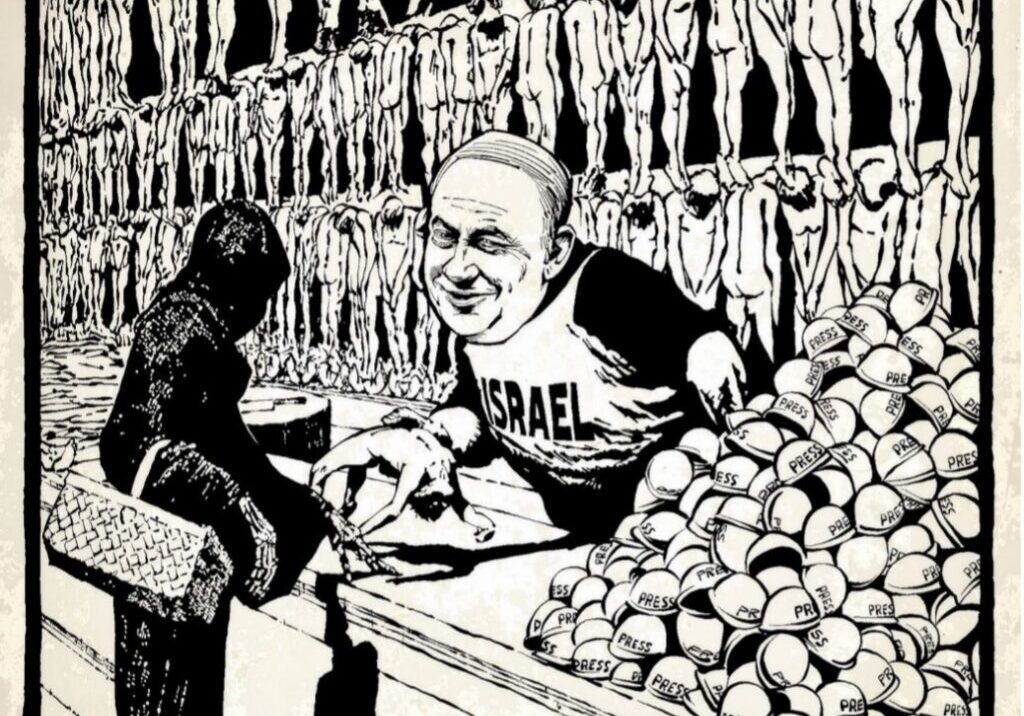Australia/Israel Review
Europa Europa: A Pyrrhic Victory
Oct 6, 2019 | Douglas Davis

The bloody conflict in Syria might be winding down and the caliphate might soon be completely dismantled. But no one is cracking open the boxes containing “Mission Accomplished” bumper stickers. The spectre of peace in Syria, President Bashar al-Assad back in power and the apparent demise of the Islamic State (IS) caliphate might turn out to be a very temporary arrangement, say European sources.
Firstly, Syria might lose its unitary character and emerge as four or five statelets, each of which is, more or less, ethnically pure. Secondly, it is widely believed that veterans of IS are merely biding their time, in Syria and elsewhere, until they are ready to mount another onslaught.
The territorial base of IS in its Iraq-Syrian home may have disappeared, but the brutish ideology which nourished the caliphate has not. Many of the foreign-born fighters and followers of IS are returning to their homelands, whether in Europe or Asia, with consequences still largely unknown; others are relocating to temporary bases, particularly in Africa.
Conflicts with jihadists in Africa last year claimed more than 9,300 lives, mostly civilian. About two-fifths of the deaths were in Somalia, where IS’ jihadis fight under al-Shabab colours. Many of the rest were in north-eastern Nigeria, where the IS-affiliated Boko Haram made their name capturing hundreds of Christian schoolgirls, while shooting villagers and beheading nurses.
But it is the Sahel that remains the focus of Western minds. The Sahel consists of a bunch of failed states, mostly impoverished, poorly governed and sparsely populated, that cling to the southern fringes of the Sahara Desert. Think Niger and the Central African Republic, Burkina Faso, Mali, Cameroon and Chad. In such sanctuaries, IS jihadists are continuing to gather and hone their skills.
In Mali, for example, thousands of jihadist militia trade flintlock guns, which were used to stalk game, for assault weapons and motorbikes. Over the past 18 months, they have killed thousands of villagers from minority Muslim tribal groups, while further thousands of minority Muslims have been killed in Burkina Faso. There, jihadist fighters joined an existing group, “Guardians of the Bush”. The “Guardians” were intended to protect the villagers; now they have become their torturers and killers.
One UN official in the Sahel was quoted as saying that the Sahel governments – Mali, in particular – had created “a monster” which they would struggle to contain in future. They may not have to. The nightmare scenario is that the Muslim minority victims will eventually – sooner rather than later – flee their homes and head to Europe for safety, while their jihadist tormentors will return to Iraq and Syria to resume the fight for their caliphate.
Fearing a refugee tsunami, European states have deployed thousands of men to the region in an attempt to halt the brutality and restore a measure of stability. France now has 4,500 troops fighting jihadists in the Sahel. Germany and Italy have about 1,000 each, while Britain has set up two specialised infantry units to train African soldiers. In Mali, the UN has deployed more than 17,000 peacekeepers to prevent the jihadists spreading to Niger and Burkina Faso, while America, more concerned about the spread of terrorism than refugees, has about 7,000 troops in Africa.
The Sahel is now so unstable that European leaders cannot predict when their troops might be brought home. In these lawless lands, the jihadists are inexorably winning the battle for control of territory.
Back in Syria, Assad might be the last man standing, but at what cost? He has destroyed whole cities and gassed and starved and bombed his own people. Half a million of Syria’s citizens are dead and half of the population has been displaced, creating swollen refugee camps in neighbouring Jordan, Lebanon and Turkey. Europe is reluctantly taking in one-million-plus.
The effects of the Syrian war extend far beyond Assad’s borders, sucking in his immediate neighbours, huge swathes of north Africa, as well as Europe and parts of Asia. The radicalisation of Muslims throughout these areas is reported to be on a steeply upward trajectory.
So far, Israel has remained aloof from the conflict. Attempts have been made to test its resolve, and when challenged it has not been found wanting. When its interests have been threatened, Israel has responded vigorously. But from Yemen to Syria, Israel has remained a beacon of normalcy in a war-ravaged region; an engine of economic growth (3.6% in the first half of 2019) in the midst of military devastation.
But Israel may not be able to remain aloof when the next round of fighting begins. Will Iran, now firmly ensconced in Syria, permit Israel to remain outside the circle of conflict? Will it restrain its proxies in Lebanon and Gaza from unleashing their stockpile of rockets? Will Israel be able to limit its engagement to swift, surgical responses as it has done so far?
The only real victors to emerge from the Syrian imbroglio are Assad’s two major backers: Iran and Russia. They will exact a high price for their support.
Tags: Africa, Europe, Islamic Extremism, Islamic State, Syria






